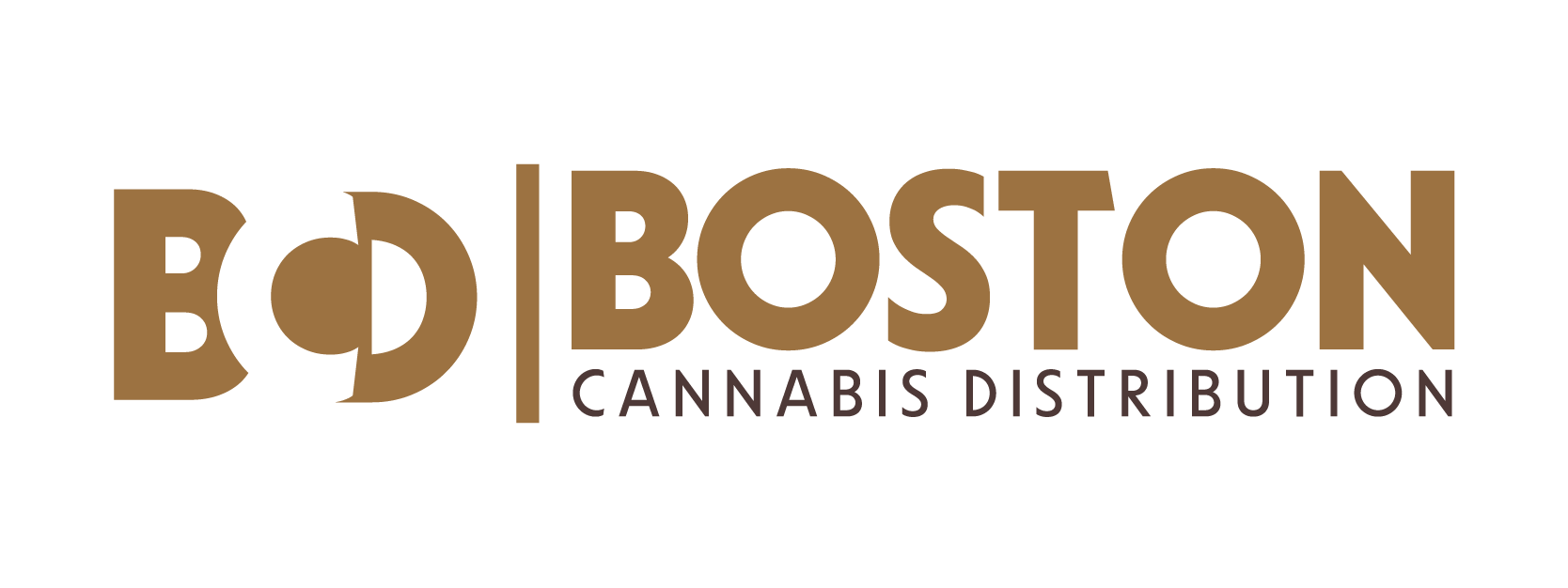As the cannabis industry matures in Massachusetts, distributors have become pivotal in bridging licensed cultivators, manufacturers, and retailers. In Boston, where adult-use sales have been legal since 2016, cannabis brands and dispensaries often rely on distribution partners to streamline operations, ensure compliance, and expand market reach.
What Is a Cannabis Distributor?
In Massachusetts, a cannabis distributor is a licensed entity that acts as a secure warehouse, order processor, inventory manager, and shipping coordinator between cultivators, manufacturers, and licensed dispensaries. Distributors do not sell directly to consumers—only to other licensees—and handle regulated B2B transactions.
Why Brands and Dispensaries Partner with Distributors
- Compliance and traceability: Distributors are integrated with the state’s seed-to-sale tracking system, ensuring strict regulatory adherence.
- Scalable logistics: Many brands prefer storing inventory at a distributor’s secure facility and rely on them to pick, pack, and ship orders to multiple dispensaries.
- Operational efficiency: Dispensaries save time and meet demand more reliably when distributors manage inventory and fill orders.
- Market access: Smaller brands often team up with distributors who already have relationships with local dispensaries, opening new sales channels.
Step‑by‑Step: How to Forge a Partnership in Boston
Here is a five-step outline of how Boston brands and dispensaries should approach collaboration with distributors:
- Confirm Licensing & Zoning Compliance
Ensure you hold the correct license type (cultivator, product manufacturer, or cannabis retailer). In Boston, both state and municipal approvals are required—including Host Community Agreements, Conditional Use Permits, and zoning variances. - Identify Qualified Distribution Partners
Look for distributors licensed by the Cannabis Control Commission who offer warehouse capacity, secure facilities, strong system integration, and proven service for regional markets. Brands may seek distributors with experience handling B2B sales and logistics. - Structure the Partnership Agreement
Negotiate terms: pricing (per order, case, or pound), shelf-time, order minimums, delivery schedules, and pick/pack fees. Define roles for quality control, returns, compliance, and reporting. Ensure tracking protocols are in place for correct manifests and daily reconciliations. - Integrate Systems and Train Teams
Sync inventory or compliance software with distributor systems. Run test orders to ensure accuracy in product labeling, manifests, and logistics. Train dispensary buyers on the distributor’s ordering portal and standard operating procedures. - Launch, Monitor & Optimize
Begin placing regular orders—distributor picks, packs, transports to dispensary. Use data to track inventory turns, fulfillment rates, and demand trends. Periodically review contract terms and assess KPIs—on-time delivery, order accuracy, and pricing competitiveness.
Final Thoughts
In Boston’s increasingly competitive cannabis retail landscape, strong distributor relationships can help brands scale, streamline compliance, and access new accounts. Dispensaries benefit from efficient inventory processes and reliable selection, while brands gain stability and expanded presence.
By following these five steps—ensuring compliance, selecting the right partner, formalizing agreements, integrating operations, and monitoring performance—Boston licensees can build partnerships that are compliant, efficient, and growth-oriented.

